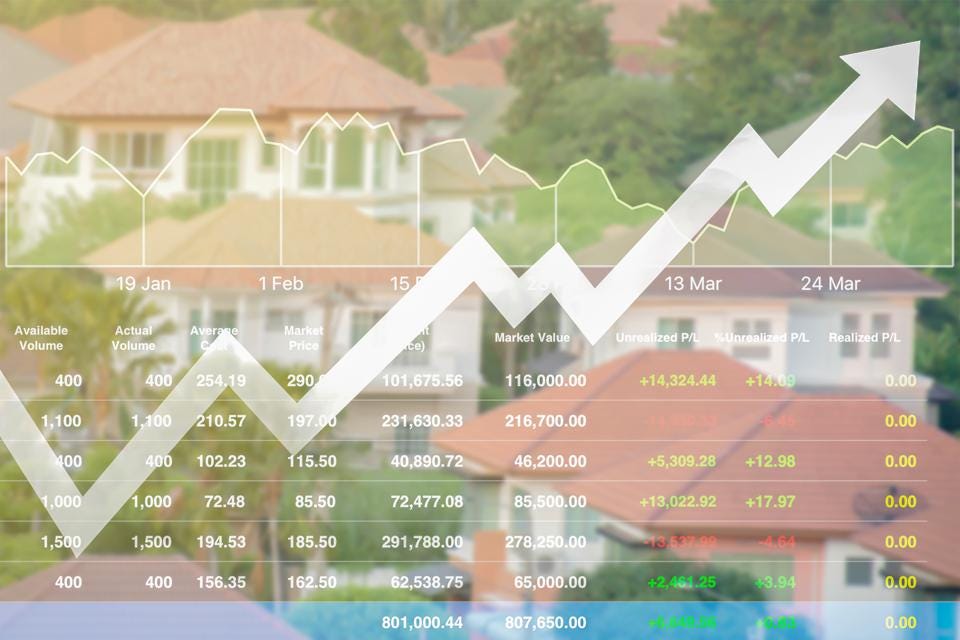The impact of COVID-19 on the housing market and home loans

What was and is the Impact of COVID-19 on the Australian Housing Market and Home Loans?
The COVID-19 pandemic has had a profound impact on economies worldwide, and Australia has been no exception. The housing market and home loans sector have experienced significant changes and fluctuations as a result of the pandemic, with both challenges and opportunities arising for buyers, sellers, and lenders. In this article, we'll delve into the impact of COVID-19 on the Australian housing market and home loans, and discuss some of the lasting effects of the pandemic on these sectors.
The Initial Shock: Uncertainty and Job Losses In the early days of the pandemic, Australia, like many other countries, went into lockdown to curb the spread of the virus. The widespread uncertainty, coupled with job losses and reduced working hours, led to a significant decline in housing demand. Buyers were hesitant to enter the market, and sellers held off on listing their properties. Home loan applications also took a hit as many potential borrowers were unsure about their future income and ability to service a mortgage.
Government Stimulus Measures: Boosting the Market In response to the economic downturn, the Australian government introduced several stimulus measures aimed at supporting the housing market. These initiatives included the HomeBuilder grant, which provided financial assistance to eligible individuals looking to build or renovate a home, and the First Home Loan Deposit Scheme, designed to help first-time buyers enter the market by providing a government guarantee for a portion of their deposit. These measures helped to revive the housing market and encouraged a surge in home loan applications.
_________________________
Read more:
Can you shorten your home loan term?
Consequences of Late Home Loan Repayments
How does rising inflation affect your borrowing power?
_________________________
Record Low-Interest Rates: Encouraging Borrowing The Reserve Bank of Australia (RBA) implemented a series of interest rate cuts, bringing the cash rate to a record low of 0.10%. This move significantly lowered borrowing costs, making home loans more attractive and affordable for potential buyers. The low-interest-rate environment spurred many Australians to enter the housing market or refinance their existing mortgages, contributing to a rise in property prices and an increase in overall housing demand.
The Shift in Property Preferences: The pandemic has also led to a shift in property preferences among buyers. With remote work becoming more prevalent and people spending more time at home, the demand for larger properties and homes with outdoor spaces increased. This trend was particularly evident in regional areas, where buyers sought more affordable and spacious properties compared to those in capital cities.
The Uneven Recovery and Affordability Concerns: While the overall housing market has shown signs of recovery, the impact of COVID-19 has been uneven across different regions and sectors. Capital city markets, particularly Sydney and Melbourne, have experienced strong price growth, whereas some regional areas have lagged behind. Additionally, the rapid increase in property prices has sparked concerns about housing affordability, especially for first-time buyers who may struggle to enter the market despite the various government incentives.
The COVID-19 pandemic has had a significant impact on the Australian housing market and home loans, with initial uncertainty and job losses leading to a decline in demand. However, government stimulus measures and record low-interest rates have helped to revive the market, encouraging borrowing and boosting property prices. As Australia continues to adapt to the lasting effects of the pandemic, it remains crucial for buyers, sellers, and lenders to stay informed about the changing market conditions and make informed decisions based on their individual circumstances.
Speak to a mortgage broker today about the finance options related to your next investment or home purchase.




